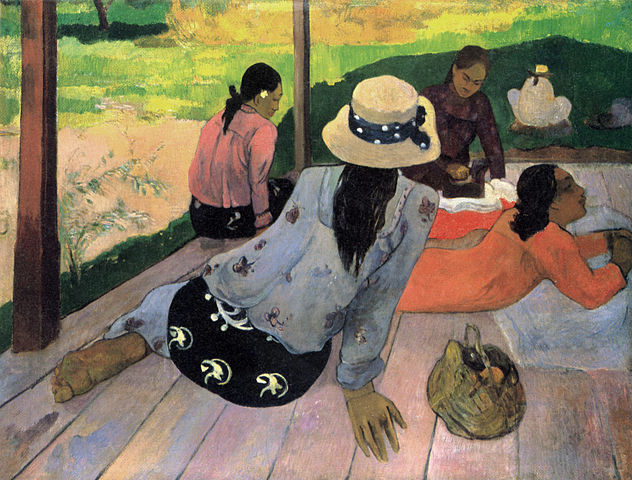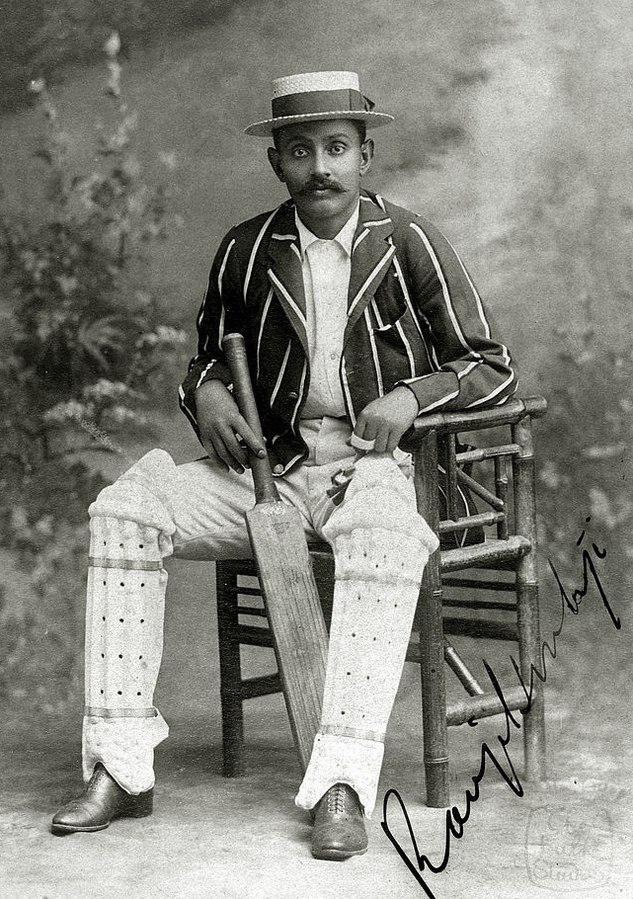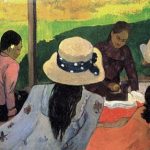Now that increasing numbers of people are stuck at home and sheltering in place, I figured I’d do a little series. Every weekday for the duration of this intense period, I’ll post a short definition of some term in/related to aesthetics and philosophy of art. Let’s see how this goes! See them all here.
Last up in our week of -isms, we have:
Terms of Art #20:
colonialism & postcolonialism

Paul Gauguin, La Sieste (c. 1892-1894) [source]
Definition: Confusingly, colonialism and postcolonialism each describe very different sorts of things. Postcolonialism isn’t just, um, after colonialism. It’s more complicated than that.
Colonialism is the process of a wealthier, more powerful nation/group (the “colonizer”) exerting its power and authority to control another nation/group (the “colonized”). This is especially true of colonial examples like the British in India; the French in parts of Africa; the Spanish and British in the Americas; or the Chinese in Tibet.
Postcolonialism may sound like the process of de-colonization (when the colonizer leaves) or what happens post-colonization. But that’s not really what it means.
Postcolonialism is most fundamentally the study of the identity of the colonized. What does the self-identification and authenticity look like for postcolonial peoples? How can they forge their own path now, since they’ve been so defined and studied by outsiders? What are the mechanisms of colonialism, and can they be undone?

Sir Ranjitsinhji Vibhaji Jadeja, ruler of Indian state Nawanagar AND famous Test cricketer [source]
Imagine this. You’re a younger sibling. You have an older brother. He and your parents are constantly bossing you around. Your parents are proud that he’s a star on the soccer team, and so your parents tell you to play soccer too. They don’t really care whether you want to play. They never even asked. They just assumed that you would play. You and your brother play for many years. Your life and friends are structured around soccer. You speak the language of soccer. You dream about soccer.
Later in life, a friend asks you if you liked playing soccer, or whether you really identified/identify with being a soccer player. Maybe you say yes; maybe you say no. But it’s not really that simple. You were defined by other people, and now soccer just is a part of you and your past. Even if you hated it, you know how to play and your body can move in those ways (and you have close friends from that time, etc.). Even if you loved it, you didn’t get to choose it for yourself. Maybe you could have loved something else as much or even more, and it would have been yours. But now it’s over and you’ll never know.
Now imagine that feeling, but even stronger, and with EVERY SINGLE ASPECT OF YOUR IDENTITY: the careers available to you, the models of love and intimacy, the literal language you speak. That’s the starting point for postcolonialism.
Some central issues in postcolonial theory:
- how colonizers create knowledge as a way of gaining economic, political, and military control over a people
- how colonizers create artistic works as a way of expressing and reinforcing the differences between the colonizer and colonized (“Look at how they life such simple and happy lives! Observe their mystical connection to the earth!”)
- how the colonized experience their identities through this lens, presented to them by somebody else (“Look at how we live such simple and happy lives! Observe our mystical connection to the earth!”)
- what can be done now
So why do people in the arts and art criticism care so much about postcolonialism?
Well it’s so pervasive that it provides an important lens for interpretation. It’s obvious for books like Chinua Achebe’s Things Fall Apart or Joseph Conrad’s Heart of Darkness; movies like Avatar or Black Panther. But colonialism is so pervasive that even a postcolonial reading of Shakespeare’s Othello or Gauguin’s paintings from Tahiti (a French colony!) or zombie movies … can be very illuminating.
Related terms:
postcolonial theory, postcolonial studies – less confusing terms for postcolonialism
subaltern – the oppressed, sometimes referring to any oppressed or colonized group; sometimes referring more specifically to those who are not just oppressed but who are left completely “outside” colonial power structures (not merely subordinate, but so powerless as to receive no real recognition)


